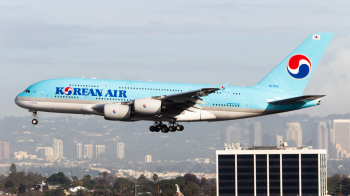Korean Air and Asiana Airlines have reduced direct flights between South Korea and China. This is due to a drop in demand and the deteriorating political relationship between the two countries. The announcement comes at a time when travel should be in high demand since it's summer.
The most likely cause of flight reduction is the tense political situation. In February, the South Korean government restricted visa issuance for inbound travelers due to COVID-19 risk. China had only recently reopened after three years of pandemic restrictions and cases had increased as a result. China responded by not allowing its citizens to travel in groups to South Korea.
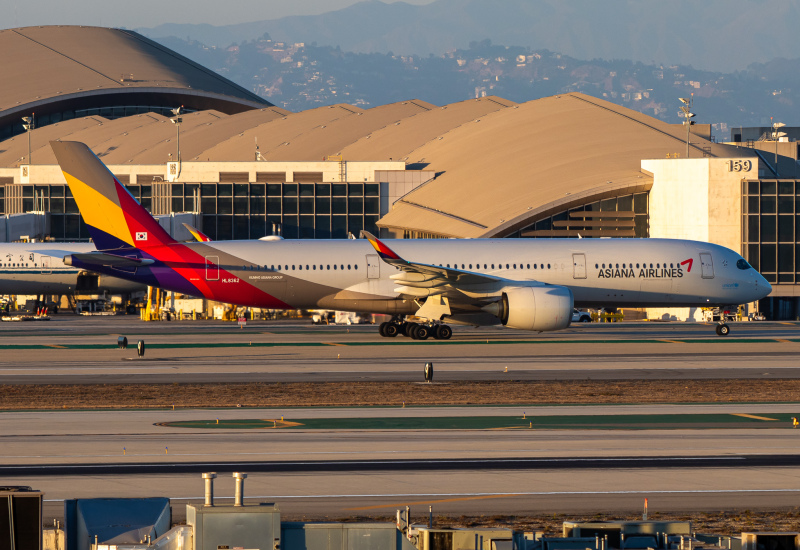
The effects of these two actions are seen in the data. This could explain why airlines reduced service between both countries.
Data from South Korea's Ministry of Land, Infrastructure and Transport shows that the number of passengers flying from China to South Korea was 1.2 million from January to May of this year. This was a 60% reduction from the 1.99 million passengers recorded during the same time period in 2020.
Meanwhile, the number of passengers flying from South Korea to China stood at 402,410 from April to May of this year. This represented a 73.7% decrease from the same time period in 2019.
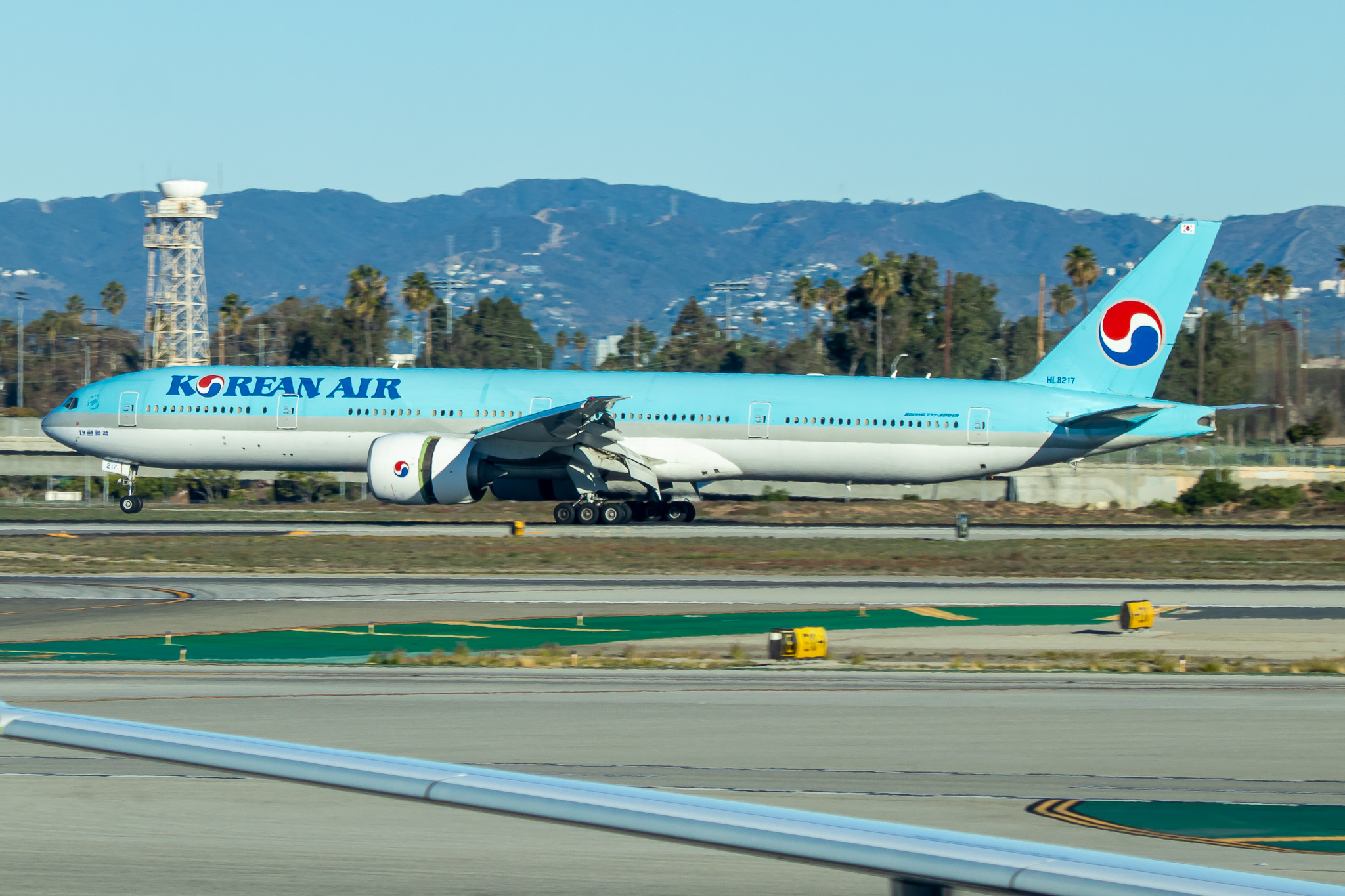
South Korea's flag carrier Korean Air plans to suspend the following nonstop flights between South Korea and China:
- Gimpo International Airport (GMP) to Beijing Capital International Airport (PEK) from August 1 to October 28
- Incheon International Airport (ICN) and Xi'an Xianyang International Airport (XIY) from August 9 to October 28
- Gimpo to Xiamen Gaoqi International Airport (XMN) from August 8 to October 28
Meanwhile, South Korea's second largest airline Asiana Airlines has suspended a route between Incheon and Xi'an. The airline will also suspend the following routes connecting the two countries, with all three routes resuming on October 28:
- Gimpo to Beijing from July 6
- Incheon to Shenzhen Bao'an International Airport (SZX) from July 8
Seoul has two major airports: Incheon and Gimpo. Both airports handle domestic and international flights, with Gimpo only offering short-haul international flights to Japan, China, and Taiwan. Incheon offers international flights to destinations in East Asia, Europe, North America, the Middle East, and other parts of the Asia-Pacific region.
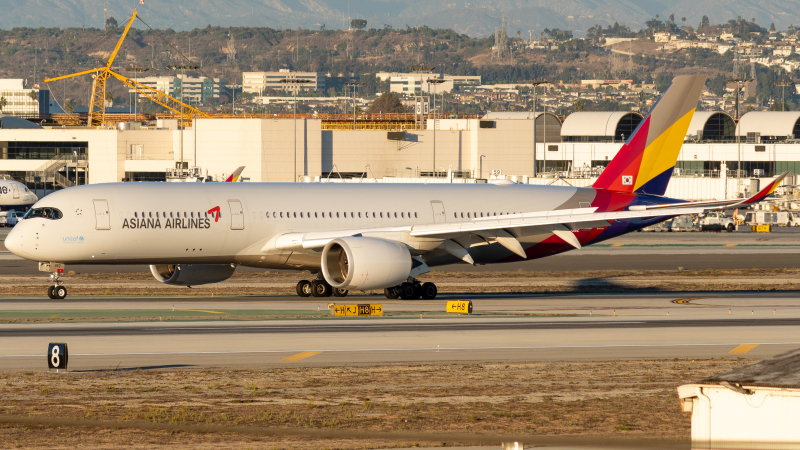
Data from Chinese flight data company VariFlight shows that 3,471 flights between South Korea and China occurred from June 1 to 21, with 60% of the routes being operated by Chinese carriers. The data includes flights operated by China's three largest airlines: Beijing-based Air China, Shanghai-based China Eastern Airlines, and Guangzhou-based China Southern Airlines.
The drop in demand from South Koreans to visit China has been happening for several years now. In 2016, Chinese travelers accounted for 47.5% of all international visits to South Korea through more than 8.26 million trips. There were more than 1,200 weekly flights between the two countries at that point.
However, relations started to deteriorate in 2017 when South Korea purchased the Terminal High Altitude Area Defense (THAAD) missile defense system from the U.S. and deployed it on its territory. China opposed South Korea's use of THAAD since it threatened China's "legitimate national security interests".
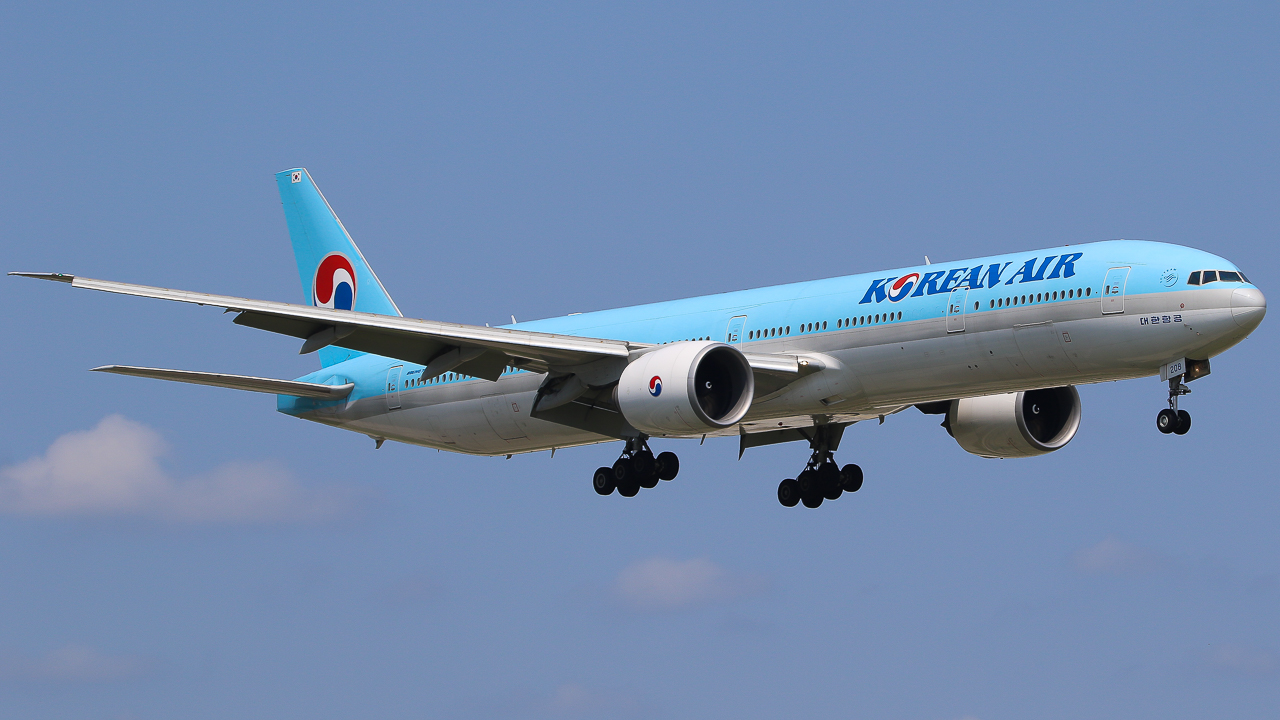
Bilateral relations worsened further in the coming years as the U.S. and South Korea viewed China as an adversary. South Korea's foreign policy was updated to reflect the changing geopolitical reality when Yoon Suk Yeol was elected as the country's President in March 2022.
Yoon sees South Korea's relationships with the U.S., Japan, and other "friendly" countries as more significant than expanding ties with China.
As a result, China has become a less attractive travel destination for South Koreans and vice versa. Demand is unlikely to return to 2016 levels as the relationship between both countries worsens.
Could You Survive a Plane Crash? The Unlikely Science of Plane Crash Survival » Maldivian Airlines Introduces First-Ever Widebody Aircraft, Plans New China Flights » Passengers Encounter Bedbug Infestation on Multiple Turkish Airlines Flights »
Comments (0)
Add Your Comment
SHARE
TAGS
NEWS South Korea China Korean Air Asiana AirlinesRECENTLY PUBLISHED
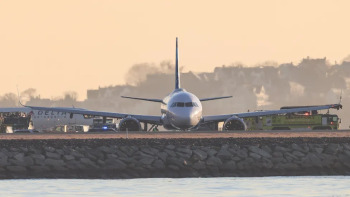 Could You Survive a Plane Crash? The Unlikely Science of Plane Crash Survival
With air travel consistently being heralded as the safest form of public transport, most of us do not board a plane pondering our chances of survival in the event of a crash. But, is it possible to survive one?
INFORMATIONAL
READ MORE »
Could You Survive a Plane Crash? The Unlikely Science of Plane Crash Survival
With air travel consistently being heralded as the safest form of public transport, most of us do not board a plane pondering our chances of survival in the event of a crash. But, is it possible to survive one?
INFORMATIONAL
READ MORE »
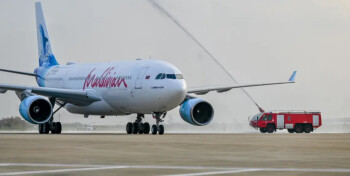 Maldivian Airlines Introduces First-Ever Widebody Aircraft, Plans New China Flights
Maldivian, the government-owned national airline of the Maldives, has just welcomed its first-ever wide body aircraft: the Airbus A330-200. With the new aircraft, the carrier also plans brand-new long haul international flights to China.
NEWS
READ MORE »
Maldivian Airlines Introduces First-Ever Widebody Aircraft, Plans New China Flights
Maldivian, the government-owned national airline of the Maldives, has just welcomed its first-ever wide body aircraft: the Airbus A330-200. With the new aircraft, the carrier also plans brand-new long haul international flights to China.
NEWS
READ MORE »
 Thousands of Flights Impacted as Winter Storm Blair Hits U.S.
Winter Storm Blair has unleashed a huge blast of snow, ice, and freezing temperatures across the Central and Eastern United States.
As of Sunday afternoon, over 6,700 flights and counting have been disrupted. This includes cancelations and significant delays leaving passengers scrambling to change flights and adjust travel plans.
NEWS
READ MORE »
Thousands of Flights Impacted as Winter Storm Blair Hits U.S.
Winter Storm Blair has unleashed a huge blast of snow, ice, and freezing temperatures across the Central and Eastern United States.
As of Sunday afternoon, over 6,700 flights and counting have been disrupted. This includes cancelations and significant delays leaving passengers scrambling to change flights and adjust travel plans.
NEWS
READ MORE »



